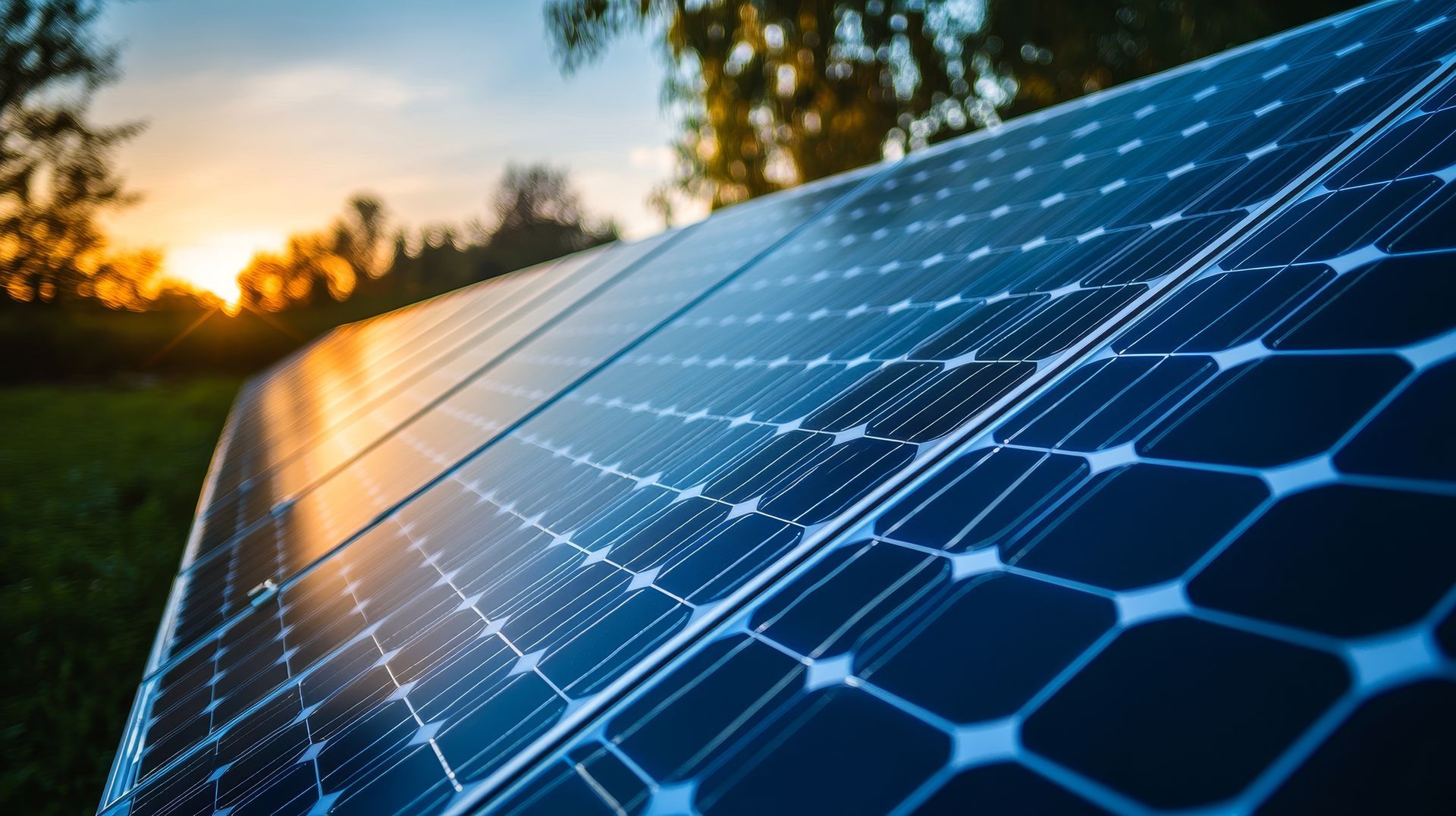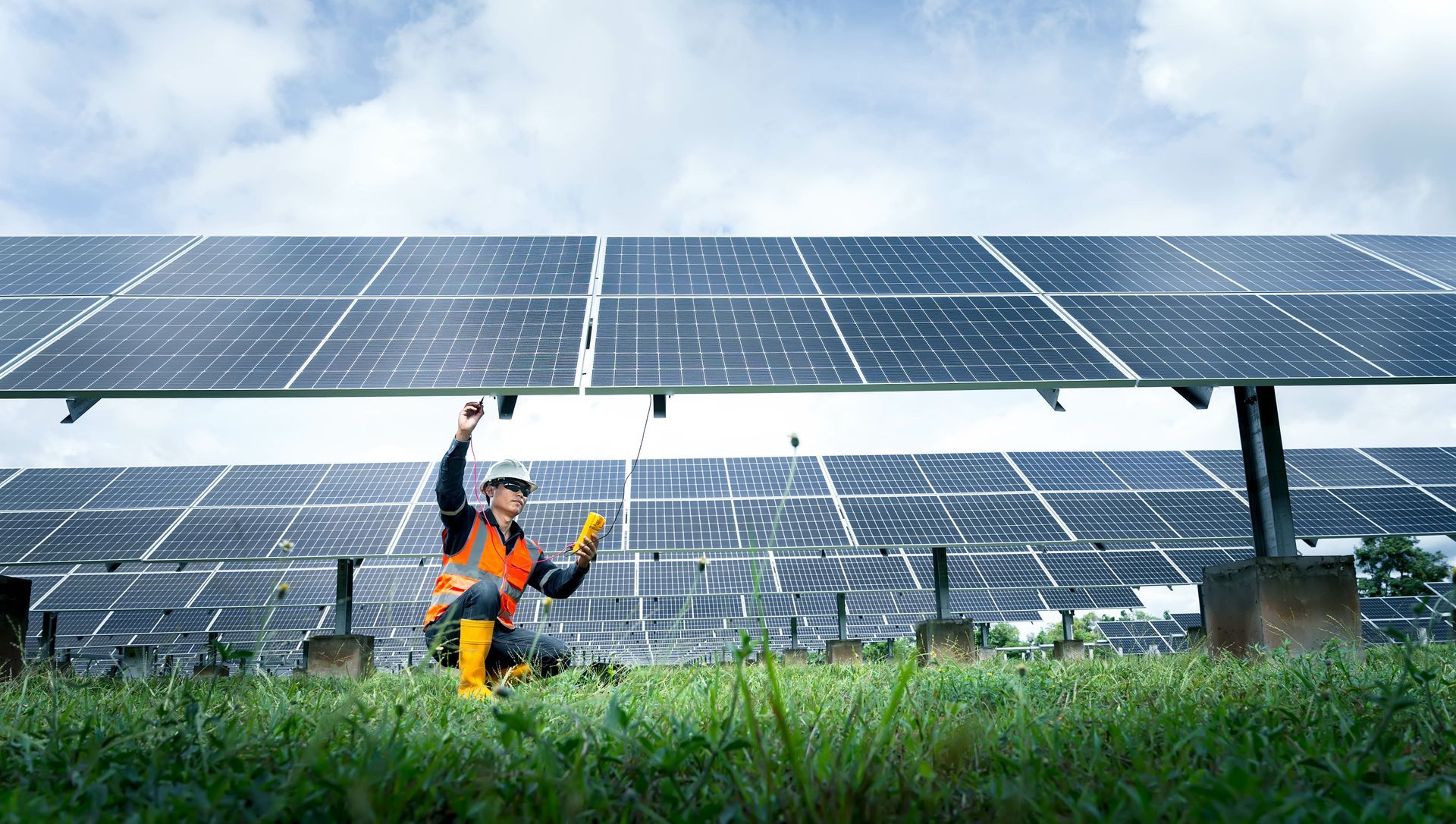Can Solar Panels Work Well in Rainy Weather?

If you live in the UK, where rain and cloudy skies are common, you might wonder: “Do solar panels still work when it’s raining?” The short answer is yes! Solar panels don’t need constant direct sunlight to generate electricity. In fact, they can still produce power on cloudy and rainy days – just at a slightly reduced output.
Let’s break it down.
How Solar Panels Generate Power
Solar panels work by converting light, not heat, into electricity. Even on overcast days, sunlight still reaches the earth – it’s just diffused through clouds. Modern solar panels are designed to capture this indirect sunlight and continue generating energy.
Do Solar Panels Work in the Rain?
Rain itself doesn’t stop solar panels from working. In fact, rain can actually be beneficial because:
- It washes away dirt and dust, keeping panels cleaner for better performance.
- Clean panels can absorb sunlight more effectively after a rainfall.
While energy production will be lower on rainy days, you’ll still generate electricity.
How Much Power Do Panels Produce on Cloudy Days?
On average, solar panels might produce 10-25% less energy on overcast days compared to sunny ones. However, high-quality panels are designed to work efficiently in low-light conditions, making them suitable for the UK climate.
Can Solar Panels Store Energy for Rainy Days?
Pairing solar panels with a battery storage system allows you to store excess energy generated on sunny days. This means you can still power your home during periods of rain or even at night.
Why Rainy Weather Isn’t a Problem
- Germany, one of the leading countries for solar energy, has a similar climate to the UK and still benefits greatly from solar.
- Yearly energy production is calculated based on total annual sunlight hours, not just sunny days.
Tips to Maximise Solar Performance in Rainy Climates
- Invest in high-efficiency panels that perform well in low-light conditions.
- Regularly clean your panels (or let the rain do it naturally).
- Consider a battery storage system to make the most of your energy year-round.
- Work with a local solar expert who understands weather patterns and can design an optimal system.
Final Thoughts
Don’t let the UK’s rainy weather put you off going solar. Solar panels work year-round and continue to generate power even on cloudy days. With the right setup, you can enjoy reduced energy bills and greener living no matter the weather.


